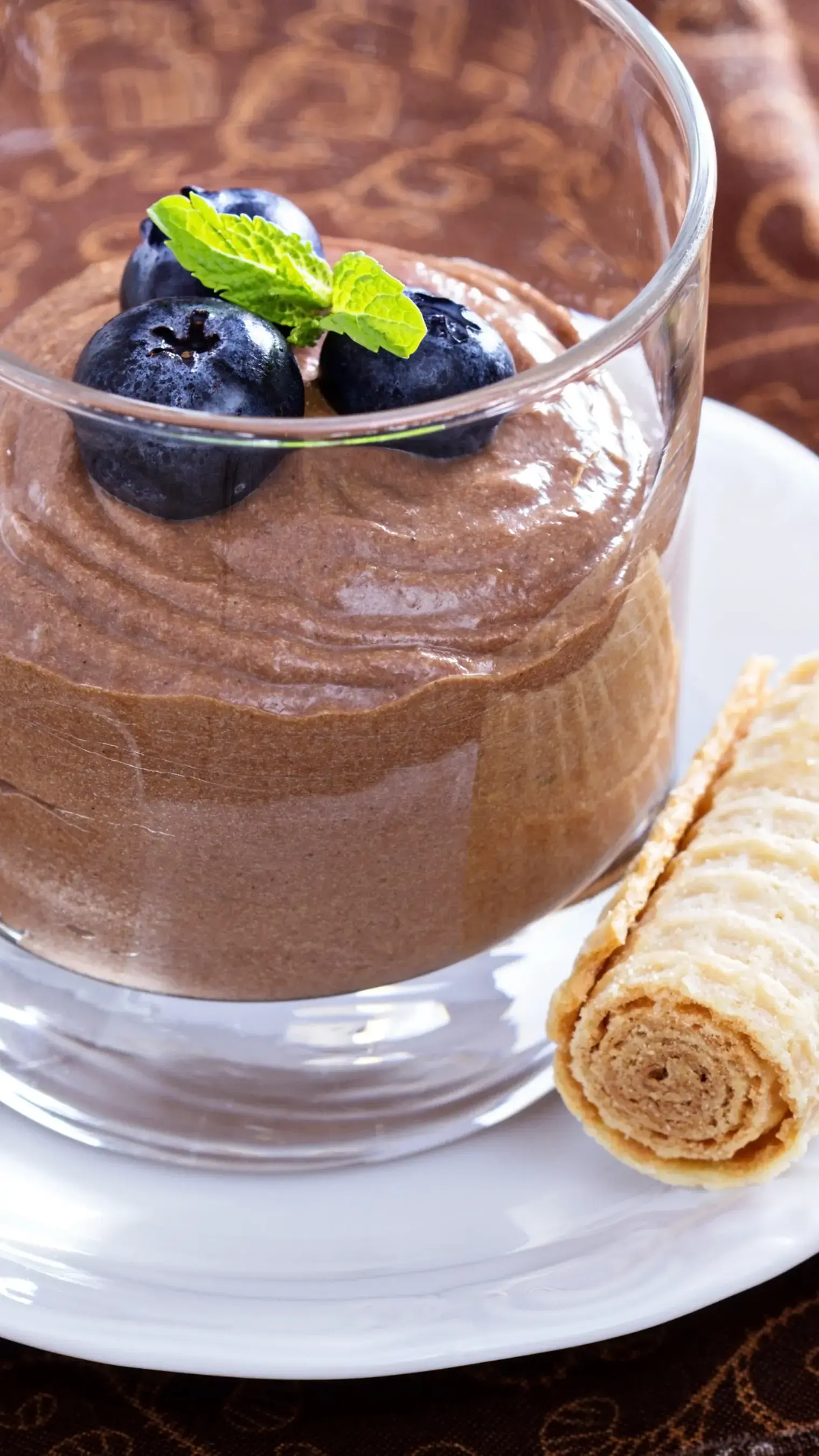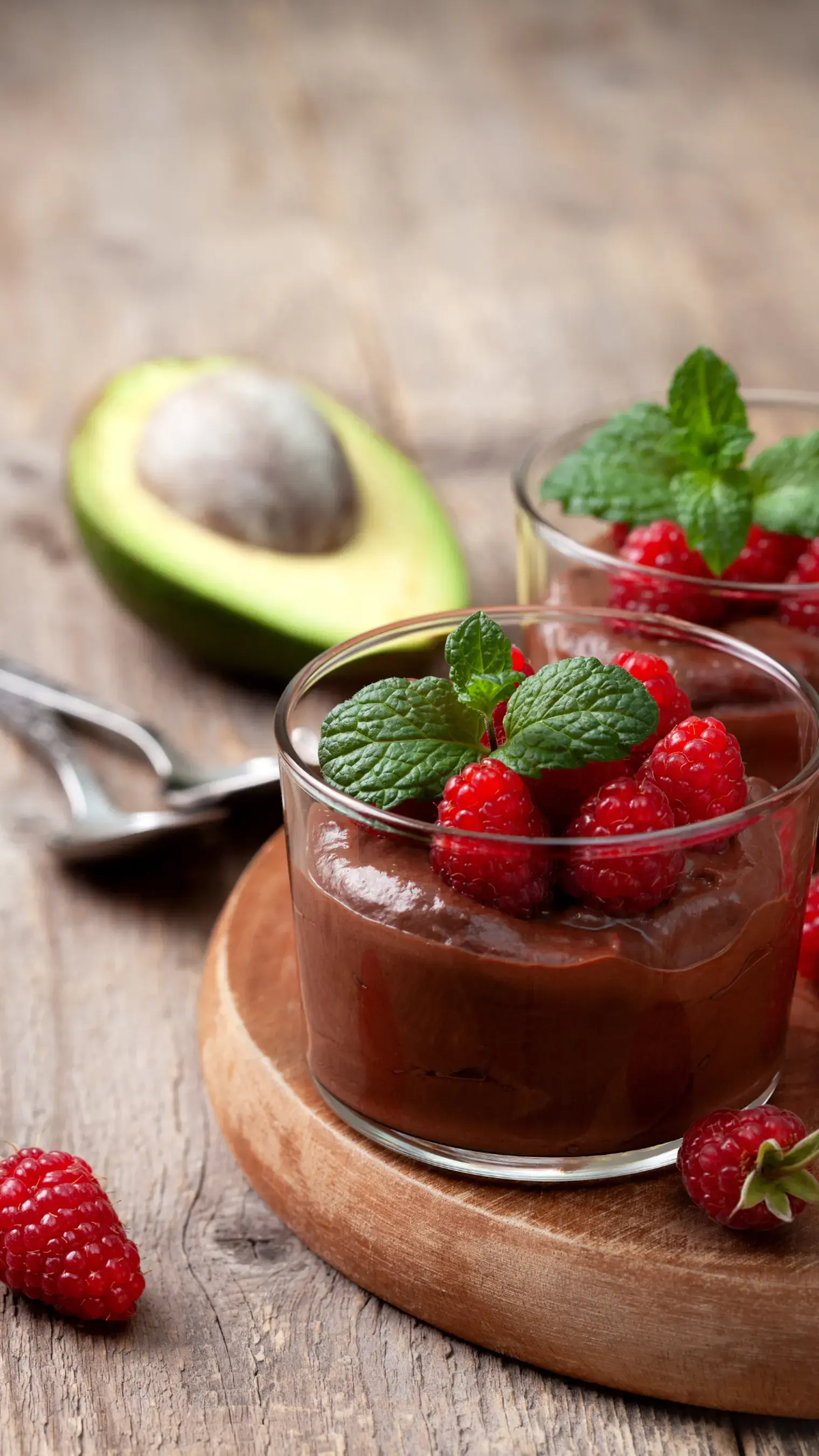Although they may seem identical at glance, the roles of baking soda and baking powder in the culinary arts are as distinct as night and day.

Although they may seem identical at glance, the roles of baking soda and baking powder in the culinary arts are as distinct as night and day.
In the captivating world of baking, where fluffy cakes rise like the morning sun and cookies turn an inviting color, there are two mysterious substances that hold sway: baking powder and baking soda. Although they may seem identical at glance, their roles in the culinary arts are as distinct as night and day. This article takes a dive into these kitchen essentials, unraveling their secrets and exploring how they work their magic to transform simple ingredients into delightful treats.
Science of Rising
Baking soda, scientifically known as sodium bicarbonate, is a base. When it comes into contact with an acid, like vinegar, lemon juice or buttermilk, it reacts vigorously to produce carbon dioxide gas. This effervescent reaction is what causes your baked goods to rise and become light and airy.
On the other hand, baking powder is a leavening agent. It contains not only a base (usually a form of sodium bicarbonate) but also the acid needed to activate the reaction. Most baking powders are "double-acting," which means they release gas in two stages; first when mixed with ingredients and again when heated. This dual action ensures a rising process.
Art of Precision

Precision is key when it comes to baking. If you use baking soda in a recipe that doesn't have acid, the result will be a dense product with a soapy taste from the unreacted soda. On the other hand, using too much baking powder can cause batter to rise quickly and then collapse, resulting in a coarse and crumbly texture.
Understanding the roles of these leavening agents is crucial. Baking soda is four times stronger than baking powder, which is why recipes usually require smaller amounts of it. It's what gives cookies their crispness and cakes their porous texture. Baking powder, with its balanced composition, is typically used in recipes that don't have too many porous ingredients. It's what makes muffins rise evenly and ensures fluffy pancakes every time.
Subtle Nuance of Flavor

In terms of flavor, these leavening agents can also make a difference in your baked goods. Baking soda can add a slightly tangy taste, especially noticeable in recipes like buttermilk pancakes. On the other hand, baking powder has a neutral profile and doesn't contribute any distinct taste making it perfect for delicately flavored treats like vanilla cakes or scones.
Impact on Texture and Color
Texture and color are just as important as flavor when it comes to baking. Due to its alkaline nature, baking soda enhances browning in goods. That's why, your grandmother’s cookie recipe which requires baking soda, creates browned edges. Baking powder on the other hand, being neutral in nature, doesn't have much impact on browning but is crucial for achieving a light and airy texture.
Role in Healthy Baking
These ingredients also play a role for health-conscious bakers. Baking soda can be helpful in gluten-free baking by aiding rise without relying on gluten. Baking powder, the aluminum-free type, is commonly used in health-oriented recipes to ensure a rise without any metallic aftertaste.
Shelf Life & Storage

It's important not to overlook aspects like storage and shelf life. Baking soda is a compound that can be stored indefinitely if kept in a cool, dry place. On the other hand, baking powder may lose its potency over time. You can easily check its effectiveness by mixing a small amount with hot water–if it bubbles enthusiastically, it's still good to use!
In the world of baking, both baking soda and baking powder have starring roles. Their chemistry forms the foundation of recipes that transform ingredients into truly remarkable creations. As we have observed, the dissimilarities between baking powder and baking soda extend beyond their composition. These distinctions have an impact on the texture, taste and even the health benefits of our goodies. Understanding these subtleties is crucial, regardless of whether you're a beginner or an experienced baker.
Like This Article?
More Like This


Popular Articles




Trending Web Stories
Curated Recipes





















